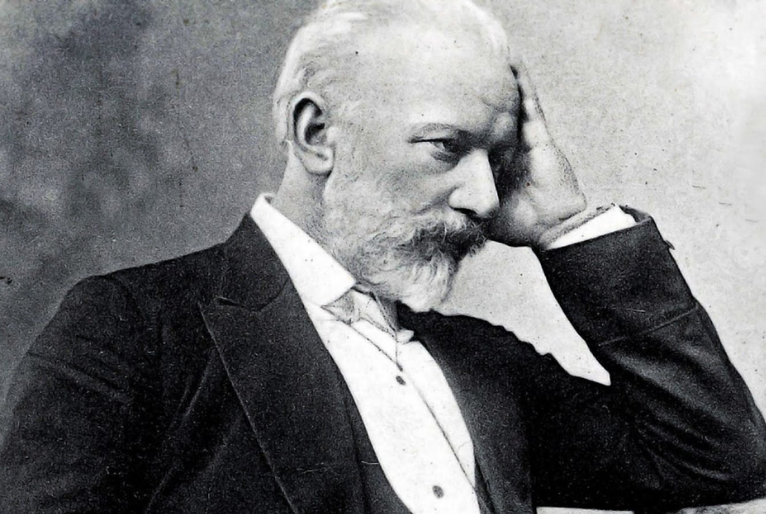Pyotr Ilyich Tchaikovsky was one of the most influential composers of the Romantic era. His music is widely admired for its expressive melodies, rich orchestration, and emotional depth. He wrote many masterpieces in various genres, such as ballets, symphonies, operas, and chamber music. Here are seven curiosities about his life and work that you may not know.
- He was a lawyer before he became a composer. Tchaikovsky studied law at the Imperial School of Jurisprudence in Saint Petersburg and worked as a civil servant for three years. He was unhappy with his career choice and decided to pursue his passion for music. He enrolled at the Saint Petersburg Conservatory of Music in 1862 and graduated in 1865.
- He had a patroness who supported him financially for 13 years. In 1876, Tchaikovsky received a letter from Nadezhda von Meck, a wealthy widow who admired his music. She offered to provide him with a monthly allowance of 3,000 rubles on the condition that they never meet in person. They exchanged over 1,200 letters until she abruptly ended their correspondence in 1890.
- He married a former student but separated from her after two months. In 1877, Tchaikovsky married Antonina Miliukova, a young woman who had been his student at the Moscow Conservatory. He soon realized that he had made a mistake and that he had no feelings for her. He suffered a nervous breakdown and fled to Switzerland. He never lived with her again and only saw her once more before his death.
- He was probably homosexual but kept it a secret. Tchaikovsky’s sexuality has been a subject of debate and speculation for many years. There is no conclusive evidence that he had any sexual relations with men, but there are hints and clues in his letters, diaries, and music. He was afraid of being exposed and persecuted by the society of his time, which considered homosexuality a crime and a sin.
- He composed some of his most famous works under pressure and criticism. Tchaikovsky was often dissatisfied with his own compositions and doubted his abilities. He also faced harsh reviews from some critics who accused him of being too Westernized or too sentimental. Some of his greatest works, such as Swan Lake, The Nutcracker, and the 1812 Overture, were initially poorly received or ignored by the public.
- He died of cholera nine days after conducting the premiere of his Sixth Symphony. In 1893, Tchaikovsky composed his last symphony, which he called the Pathétique (meaning “passionate” or “emotional”). It is a dark and tragic work that reflects his inner turmoil and premonitions of death. He conducted its first performance in Saint Petersburg on October 28th. On November 5th, he drank a glass of unboiled water at a restaurant and contracted cholera, a deadly disease that was spreading in the city. He died four days later at the age of 53.
- He left behind a rich musical legacy that influenced many composers and artists. Tchaikovsky’s music has been admired and performed by generations of musicians and audiences around the world. His ballets are among the most popular and beloved in the repertoire. His symphonies, concertos, operas, and chamber works are considered classics of the genre. His music has also inspired many adaptations, arrangements, and tributes in various media, such as film, television, literature, and art.


Comments are closed